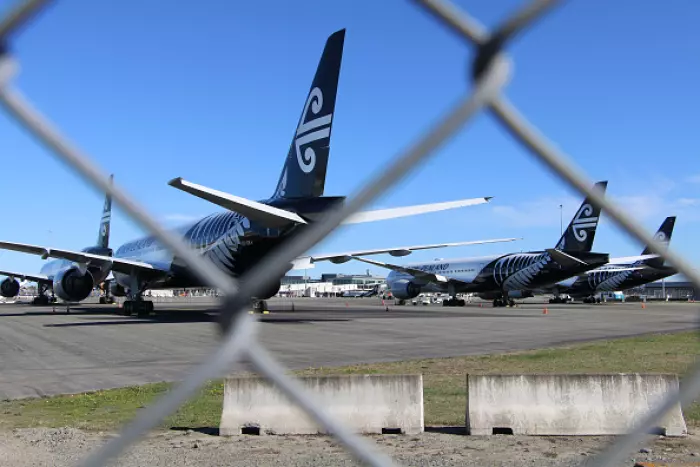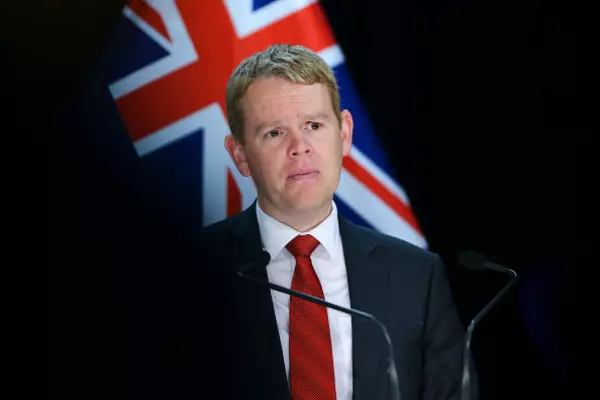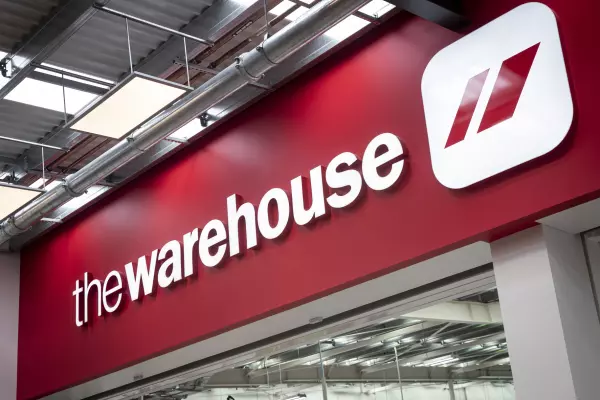How do you sell goods and services when you can’t meet your customers? Well, you can’t – and certainly not long term.
Orion Health was built on passports brimming with visas and stamps from every country imaginable. Around 92% of our business is now offshore because we have been on the road for many years.
As the rest of the world opens up, our international customers are getting increasingly frustrated that we can’t meet in person, especially when competitors can. Our customers are living with covid, and they expect us to do the same.
One morning last week, one large customer flippantly likened New Zealand to a totalitarian state. He was wrong and I told him so, pointing out some of the failings of their US approach.
However, unfortunately this is the growing sentiment in some parts of the world and you betcha competitors of NZ exporters are taking advantage of this.
I do feel for the government, which is in an extremely difficult spot. Get it wrong by opening up too fast or too slow and the consequences are bad either way.
We're being left behind
Last year, the world viewed us as ‘covid conquerors’. But now we’re being left behind.
We can kid ourselves about how well we think our economy is doing. But if the leaders of our export businesses can’t start seeing customers directly, we will feel the impact in years to come.
The problem is that covid-19 is not going away. There will probably be epsilon, zeta and other variants that we will all catch no matter how vaccinated we are.
Recently, we’ve had three fully vaccinated senior staff in North America and the UK catch covid. The good news is that their symptoms were probably less severe than they might have been and the therapies for the seriously ill are far better. Fortunately, we have moved on from hydroxychloroquine!
We are all rightfully worried about what’s going to happen as we open up the country.
The only path forward is to vaccinate those New Zealanders who want to do it (the rest will be rolling the dice), and in parallel the government also needs a sensible plan until we achieve this goal, and then after it; a plan based on what we know now, the tools we have at our disposal and the experiences of other countries.
In fairness to the government, there is no playbook for such a plan. Ian Taylor has had some fantastic ideas, but these are my thoughts.
MIQ is a dog
The current MIQ is a dog and cannot be our only solution! If you leave the country on business today, pack a lot of underwear because the MIQ queue is more than 25,000 and you won’t be back until 2022.
We need more MIQ capacity, either in extra hotels, approved home isolation, or alternative facilities. Exporters can pick up the costs because their businesses depend on it. This will also create space for other returning New Zealanders.
Covid passports with evidence of a double vaccination status are a must. We need prolific use of covid saliva testing, even deploying self-testing like the UK, where you get the results in 20 minutes.
The US Centers for Disease Control and Prevention (CDC) is recommending upgrading building air conditioning filters “to the highest efficiency possible”.
Businesses are now coming up with extremely robust and well thought-out protocols for managing the covid threat, and these need to be signed off by an entity such as NZ Trade and Enterprise - the ministry of health probably has enough on its hands!.
We also shouldn’t be afraid to slap hefty fines on any businesses that breach these privileges. The point here is that businesses have a major role to play in reopening NZ.
If we are to continue as a trading nation, we need to start planning today for an inevitable ‘border opening’ day. We are perhaps the one remaining ‘elimination strategy’ country and that can’t last.
The hermit strategy worked in 2020, but we need to get Kiwis flying in 2022.
Disclosure: I am a tech CEO who really likes lockdown because it means I get to spend another two to three months of the year at home. I have hobbies now, including woodwork, and I've knocked out a rocking horse (which the grandkids say doesn’t rock enough), a table, chairs, and a designer swamp kauri bench seat with Danish cord.
Ian McCrae is the chief executive of Orion Health.














